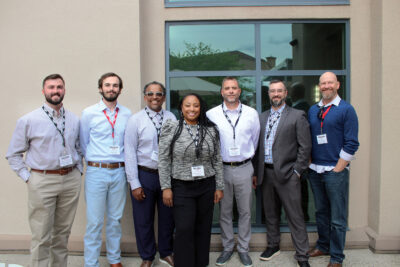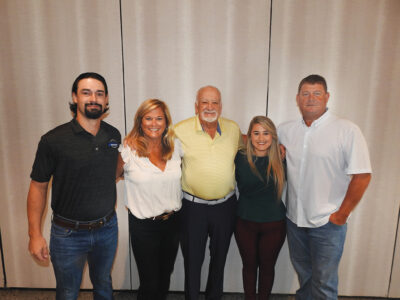
President & CEO of the American Wood Council
With the election now behind us, AWC is moving expeditiously to prepare our strategic priorities for the first 180 days of the new Administration and Congress. On the one hand, we are cautiously optimistic that there will be opportunities to address the overregulation that we experienced under the Biden Administration.
We also see opportunities to pursue policies that can jump start the sluggish housing market and shift federal green procurement policies back to a level playing field for wood products. That said, if past experience is precedent for the next four years, the challenge will be to keep the Administration focused and engaged for long enough to achieve meaningful outcomes. This means AWC will need to prioritize the most impactful policy objectives and drive them home.
One of AWC’s top priorities will be to encourage the Administration to address the regulatory onslaught of the last few years that has endangered our industry’s ability to do business. The recently finalized National Ambient Air Quality Standards for Fine Particulate Matter (PM NAAQS) and the Toxic Substances Control Act (TSCA) Formaldehyde Risk Analysis are at the forefront of the issues threatening the economic viability of mills as they try to meet market demands for lumber, engineered wood and other wood products. When regulations unduly restrict wood production in the U.S., it harms our rural economies, gives foreign wood markets an advantage, and limits U.S. consumers’ ability to access affordable, sustainable, American-made wood products that are not contributing to global deforestation. It also discourages continued private and public investment in our forests and the production of U.S. made wood products.
During the previous Trump Administration, American-based manufacturing and working forests were championed and supported. We expect this support to continue. With the recent Supreme Court decision in the Loper-Bright case and an Administration that has strongly supported the flourishing of American manufacturing, our industry is well-positioned to push for targeted regulatory reform.
Second to these issues of overreaching regulations is the nationwide housing crisis. The National Low Income Housing Coalition estimates that there is a shortage of around 7 million affordable and available rental homes. To meet this need, the U.S. needs to build more affordable homes and apartments, and the U.S. wood products industry is the right now solution that can provide renewable products to build affordable homes across the nation. Solving this crisis will take a multifaceted approach, including advocating for tax policies that encourage new construction. AWC has identified several opportunities to pursue these kinds of incentive programs using existing proposed Congressional legislation, including the Neighborhood Homes Investment Act and the Affordable Housing Credit Improvement Act. We will be working with coalition partners to take key elements of these bills and integrate them into future Administration policymaking.
We are moving quickly to prepare a letter to the Administration that outlines these main priorities. We are also working on developing economic data that can better tell our story, including not only just our overall jobs numbers but also, for example, what our industry’s contribution to the national economy would be under policies that drive construction of new light frame single-family homes. We also have worked closely with the National Association of Manufacturers to provide input and sign onto a coalition letter to President Trump that highlights several of our key priorities, including PM NAAQS, the formaldehyde risk analysis, the heat rule, and others. Notably, it is a large list, and it will be a crowded dance card for the Administration, reinforcing again our need to stay focused and drive top priorities.
As Trump takes office and a new Congress prepares to take on a variety of legislative fights, there is strong focus on protecting American manufacturing and ensuring the nation’s economy, and rural economies, can grow and support more affordable housing without the burdens of unfair regulations. AWC is already leading the way in engaging with the incoming Administration and Congress to let them know that our industry can help them achieve these important goals.






